Interview with Economic & Commercial Counsellor Darío José Sáez Méndez of Spain
The following are details of an interview with Economic & Commercial Counsellor Darío José Sáez Méndez of the Embassy of the Kingdom of Spain in Seoul-Ed.
Question: As the Commercial-Economic Counsellor of the Kingdom of Spain in Seoul, please introduce yourself fully.
Answer: I studied Economic and Business Studies at the Autonomous University of Madrid. I began working in 1985 at the National Institute of Statistics, but as Commercial Technician and State Economist since1988, I have worked at different ministries such as the Ministries of Economy and Trade. I have been alternating positions in Madrid and abroad, serving as the Economic and Commercial Counsellor of the Spanish Embassies in Cuba, Switzerland, Denmark and, since September 2020, at the Spanish Embassy in the Republic of Korea.
In Madrid, I held several positions working on Spanish economic relations with several Latin American countries, conducting macroeconomic studies, participating in the negotiations for the creation of the Asian Infrastructure Investment Bank, and attending meetings of the OCDE, EU, EBRD, IDB and CAF, since Spain is a member of those institutions.
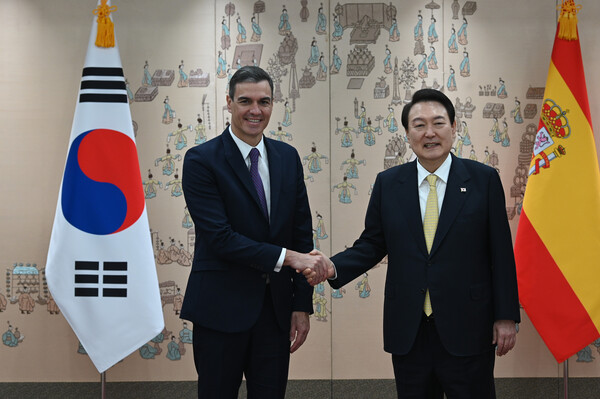
Q: Please introduce your government minister in charge and commercial and economic spheres.
A: Mr. Carlos Cuerpo is the current Minister of Economy, Trade and Business since December 2023. He holds a degree in Economics from the University of Extremadura, a Master's degree in Economics from the London School of Economics and a PhD in Economics from the Autonomous University of Madrid. He is also a Commercial Technician and State Economist since 2008.
Through his professional career, he held the positions of Secretary General of the Treasury and International Finance and Director General of Macroeconomic Analysis, both at the Ministry of Economic Affairs and Digital Transformation, and Director of Economic Analysis Division at the Independent Authority for Fiscal Responsibility.
Q: What is the role of your Economic and Commercial Office?
A: The Economic and Commercial Offices of the Spanish Embassies implement the policies of the Ministry of Economy, Trade and Business.
We have to report about the economic policies in Korea, its economic legislation, its position in international economic negotiations, etc., but our main function is supporting Spanish enterprises in their economic bilateral relations with Korea.
Therefore, as we are the representatives of the Spanish Institute for Foreign Trade (ICEX), which is a public institution with functions similar to those of the Korean institution KOTRA, our main roles are promoting Spanish exports to Korea, attracting Korean investment to Spain and helping Spanish companies planning to invest in Korea. We work with different sectors such as agri-food, textile, healthcare, biotechnology, startups, video games, etc.
To achieve this, we use a wide range of instruments. We hold interviews with Spanish companies to attend their inquiries about the Korean market, conduct market research, participate in seminars, organize activities to search for Korean importers for Spanish companies, arrange meetings for Spanish companies with Korean partners, help Korean importers to find products in Spain, invite Korean companies to visit Spanish fairs and organize point-of-sale campaigns, among other activities.
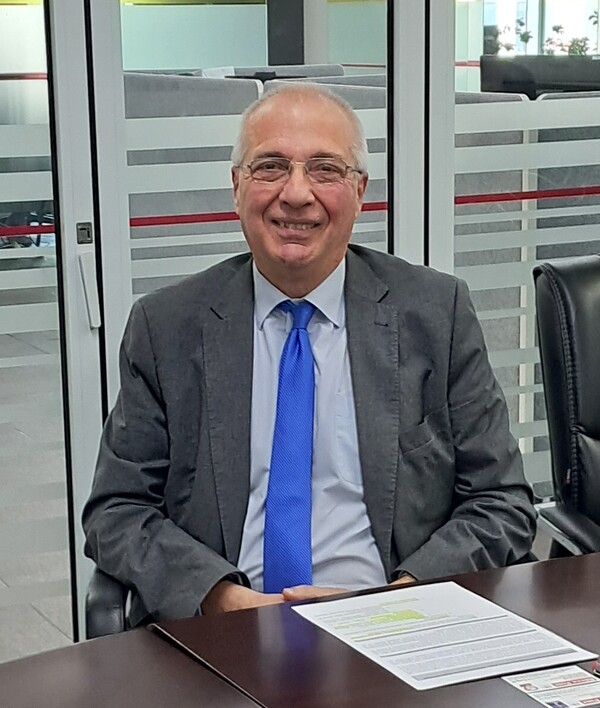
On the other hand, we also visit Korean companies to explain the advantages of investing in Spain and the support we can provide through the different foreign investment support programs we have in our country.
As you can see, we carry out a wide and varied number of activities.
Q: Spain is mostly known for its quality produce, but nowadays which are the most cutting-edge industries?
A: Spain has a different production structure than Korea. Our tourism and agri-food sectors are very important. The industrial sector has a lower weight in our GDP than in Korea and has traditionally been based on sectors such as automobile, energy, chemical or agri-food, mainly. These sectors are still very important and, as they are incorporating new technologies to their production, we can also consider them as cutting-edge sectors.
Other industries were smaller but are becoming increasingly important. Aerospace, pharmaceutical and biotechnology, renewable energies, audiovisual, information and communication technologies, etc. are fast growing sectors and, in addition, are highly internationalized, many of them with a strong presence of companies from other countries based in Spain.
Q: What is the present volume and composition of bilateral trade between both countries?
A: Both Spanish imports and exports to Korea experienced a strong growth after the signing of the Free Trade Agreement in 2011 between the EU and Korea. However, the effects of COVID meant that Spanish exports and imports in 2020 with Korea were well below the peak of Spanish exports in 2019 when our exports reached the value of 2.2 billion € and imports 3.1 billion €.
Bilateral trade data in 2021 already reflected a clear recovery of flows in both directions, a recovery that continued throughout 2022. At this moment, we are already at values closer to those before the pandemic, lower in the case of Spanish exports and higher in the case of Spanish imports, but we can no longer attribute this behaviour to the pandemic.
Specifically, Spanish exports in 2023 were almost 1.8 billion €, while Spanish imports were just over 3.7 billion €.
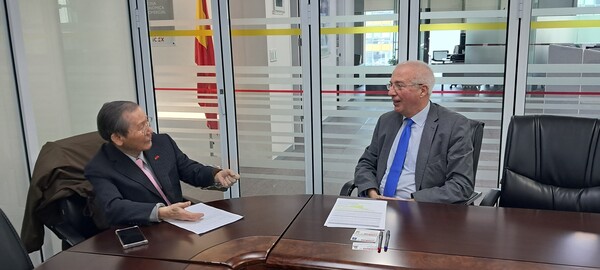
Most of the trade flows between the two countries are industrial products, which can be final or intermediate products. But it is more revealing if we go into more detail about their composition.
In 2023, the main Spanish export was pork meat with a value of more than 400 million €. Unfortunately, currently the number of fresh or frozen agri-food products that Spain can export to Korea is still very small because there are no bilateral agreements. In particular, let us hope that the file regarding Spanish beef is processed quickly, and we can see this product soon in Korea.
In addition, pharmaceutical exports were around 180 million €, mechanical machinery and electrical equipment 200 million € and automobiles 80 million €. I would also like to highlight that 80 million € of oil, mainly olive oil, were exported that year.
On the other hand, Spanish imports from Korea were almost entirely industrial products. Thus, Korea exported to Spain more than 1.2 billion € in automobiles, about 420 million € of steel products, and more than 330 million € of plastic products, to cite some figures.
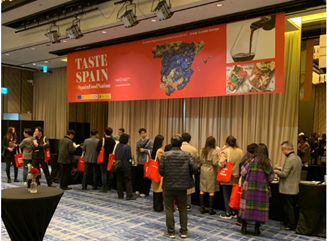
Q: How is the current international context affecting this trade and what is its outlook in the next 12 months?
A: Although most of the effects of the pandemic on trade relations have been overcome, there are still strong geopolitical tensions affecting supply and causing a series of logistical problems. Furthermore, inflation is significantly driving up the cost of many products and affecting consumer purchasing decisions.
The situation is much better than the one we had during the pandemic, and I am very optimistic in the medium and long term about the evolution of bilateral trade flows, although in the short term some products may be somewhat negatively affected by the factors I am referring to.
Q: And what about bilateral investments? Could you mention some of the Korean companies that have realised the potential of the Spanish market and opted for investing in it? And what about Spanish companies, are they investing in Korea?
A: About ten years ago, most of the Korean investments in Spain were made by large companies, such as SAMSUNG Electronics or LG Electronics, and were mostly commercial distribution networks. However, in recent years there has been a process of diversification, especially because many companies are now investing to produce in Spain.
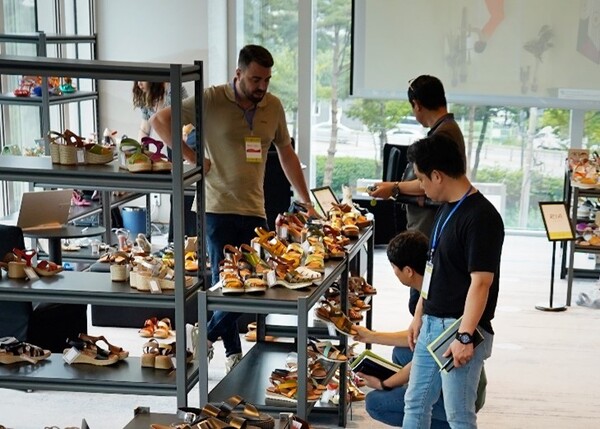
I can cite some examples. SK LUBRICANTS and REPSOL have formed a joint venture in the lubricants sector, HANWHA has invested in the renewable energy sector, LOTTE ENERGY MATERIALS, HYUNDAI MOBIS and SUNGIL HI-TECH are building factories in the sector of electric batteries.
In other sectors, there is also an increasing presence of Korean companies. For example, HYUNDAI MERCHANT MARINE has invested in the port of Algeciras and NAVER CORPORATION has invested in the electronic marketplace WALLAPOP.
The Spanish investments in Korea have been traditionally concentrated in the automotive industry by companies such as PREMO, GESTAMP, APPLUS+IDIADA, among others. There have also been investments in the waste treatment sector, such as the one carried out by BEFESA, or in the renewable energy sector, but overall, they have been of a smaller amount than the Korean investments in Spain.
Recently, we have seen an increasing presence of Spanish companies, such as INDITEX, which, through brands like Zara, is present throughout the country; the Spanish-French company Ocean Winds in the off-shore wind energy sector; or EDPR in the solar and onshore wind sector.
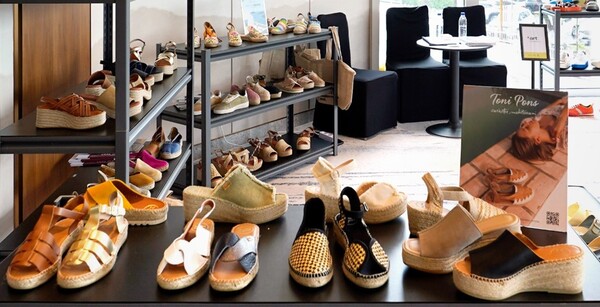
Q: Which are the incentives for Korean businesses to invest in Spain?
A: Investing abroad has been very interesting for many companies, but, due to recent developments such as the pandemic and the geopolitical problems, it has become a necessity. These events have caused serious logistical problems and many companies have decided to move part of their production closer to where their customers are located.
Without wishing to be exhaustive, I can cite some of the benefits of investing in Spain as it is an open, advanced and competitive economy with strong links with many other countries.
Spain means not only investing in a market of 46 million people but also in the EU market, which has 450 million people and is further expanded by all the free trade agreements that the EU has with other countries.
Moreover, for historical and cultural reasons, Spain has a strong relationship with Latin American countries, so cooperation with Spanish companies can be a form access to that continent. Many companies also take advantage of the proximity and ties with North African countries to distribute their products from Spain.
On the other hand, Spain's transport infrastructure is first-rate, as well as its telecommunications infrastructures.
Spain has highly qualified personnel and its labour costs are still lower than in many similar countries.
In addition, some of the country's specific characteristics, such as the hours of sunshine, can be particularly attractive for investments that require a renewable energy source.
Finally, it is a country with a high quality of life, which is reflected not only in the way of life but also in the educational model, health care, etc., which makes it easy to recruit workers to live in Spain.
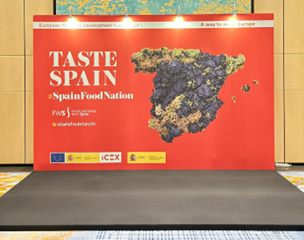
Q: What kind of support can they receive to facilitate its investments?
A: We are aware that investing in another country is a challenge for any company because of different legislation, language, business culture, etc. In addition, Spain is a highly decentralised country from an administrative point of view. This decentralisation has many advantages, but it can also turn into a difficulty for foreign companies, especially at the beginning of the process.
In order to overcome those difficulties, the Secretary of State for Trade has set INVESTINSPAIN, which is an organism that offers support to foreign companies by helping them to locate the most suitable sites, find the legislation, etc. This work is carried out in coordination with equivalent organisations at regional and local level, and other Government bodies. Since it is free of charge, it is a very convenient way of reducing the initial cost in time and capital of investing abroad.
Furthermore, there are several programmes implemented by public institutions that help foreign companies once they have already invested in Spain, as we want to facilitate the consolidation and growth of those investments in our country.
On the other hand, there is a wide range of fiscal support and grants for companies established in Spain.
Among them, I would like to highlight the financing that currently exists within the framework of the Strategic Projects for Economic Recovery and Transformation (PERTE). PERTE is a public-private collaboration instrument created by the Spanish Government in 2020 meant to promote projects of a strategic nature. In this line, it is worth noting that several of the Korean companies investing in Spain have already received funding under this programme.
Q: Would you like to add anything?
A: I would like to stress that there is still a lot of room to increase our trade and investment bilateral relations, and the collaboration between companies from both countries in third markets. I believe this is possible because we are noticing more and more interest on the part of companies from Korea and Spain.
In addition, although the main role will always be played by private companies, there are institutions that can also facilitate the relations between both countries.
In this regard, I would like to highlight the upcoming inauguration of the Cervantes Institute in Seoul. This Institute was created to promote the teaching, study, and use of Spanish language and to contribute to the dissemination of Hispanic cultures abroad.
It is equally worth mentioning the growing presence of the Official Spanish-Korean Chamber of Commerce. This private business association, which is officially recognized by Spain, can play a useful role in the relations between companies from both countries through the activities it organizes, especially networking ones.
And there are also other instruments such as the presence in Korea of offices of the Catalan regional organisation ACCIÓ and the Basque regional organisation BASQUETRADE that can foster bilateral contacts with companies on those regions.

